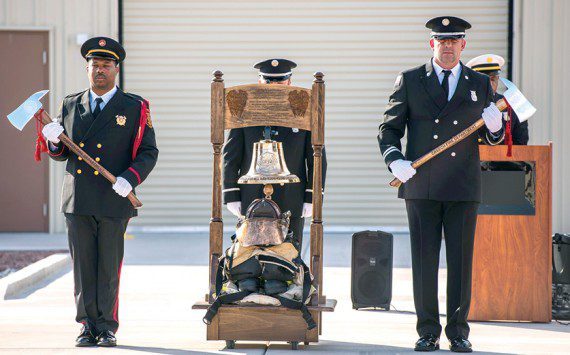Q. I’m getting divorced, what happens to my TRICARE eligibility?
A. Visit the TRICARE Life Events page to learn how your divorce affects your eligibility.
Getting Divorced
When there is a divorce, sponsors must update the Defense Enrollment Eligibility Reporting System (DEERS) with a copy of the divorce decree.
• The sponsor’s eligibility for TRICARE won’t change.
• The former spouse’s eligibility may change.
• Eligibility for biological and adopted children won’t change.
Former Spouses
Former spouse’s benefits will end at 12:01 a.m. on the day of the divorce, unless he or she meet certain requirements.
If these requirements are met, former spouses:
• Remain eligible for TRICARE.
• Will use their own name and health benefit number to get care and file claims.
• They won’t use your name and number in DEERS.
Children
• A sponsor’s biological and adopted children stay eligible for TRICARE until they age out.
• To be TRICARE eligible, your child must be a dependent. This means they aren’t married or serving on active duty.
• After your child ages out, they can choose to purchase TRICARE Young Adult until they turn 26.
• A sponsor’s stepchildren who weren’t adopted by the sponsor will lose TRICARE eligibility once the sponsor updates DEERS with the divorce decree.
Loss of Eligibility
When you lose TRICARE, you also lose your minimum essential coverage under the Affordable Care Act. You can avoid paying a fee for each month you don’t have coverage. Here are your options:
• Purchase the Continued Health Care Benefit Program for temporary coverage.
• Search the Health Insurance Marketplace to find a civilian health plan that meets your needs and budget.
Using TRICARE with Other Health Insurance Health insurance you have in addition to TRICARE, such as Medicare or an employer-sponsored health insurance. TRICARE supplements don’t qualify as “other health insurance.”
TRICARE is always the second payer to any other health insurance (OHI) plan. After a divorce, if your child has health insurance from the non-uniformed service parent, then TRICARE can still act as a second payer. If your child visits the uniformed service member, TRICARE is still the second payer, so make sure your child has the OHI information to get care away from home. >>View Custody Scenarios.
You may call the Defense Manpower Data Center Support Office at 1-800-538-9552 for questions about your eligibility.
Send your questions to askthedoc@us.af.mil











